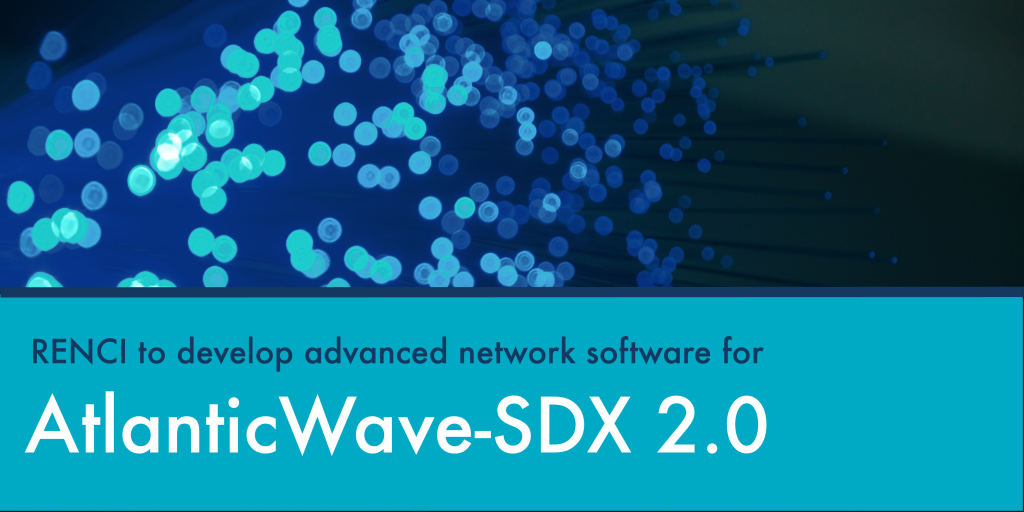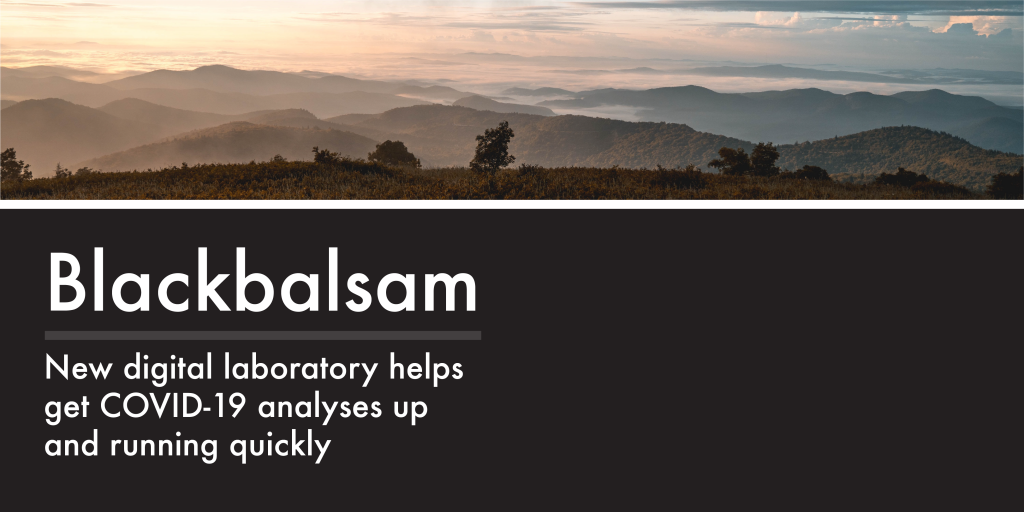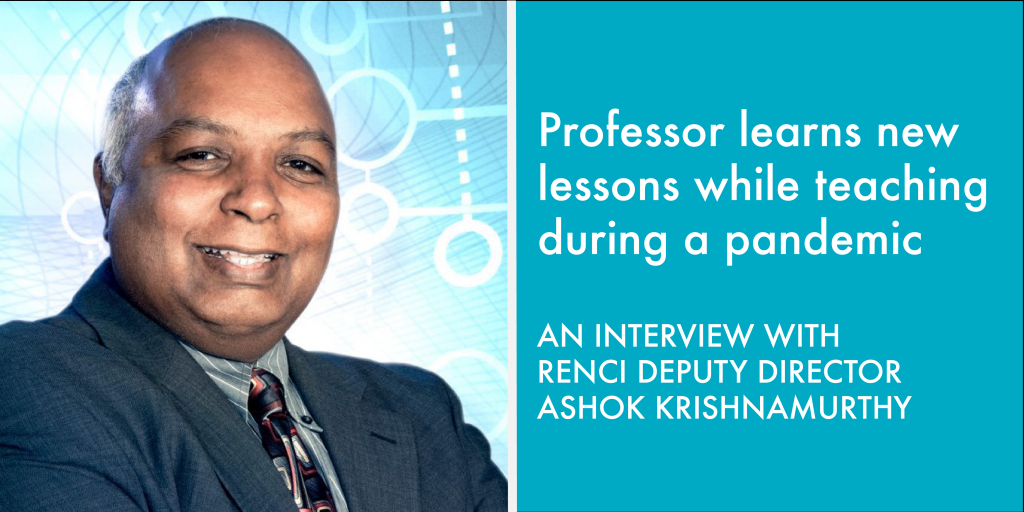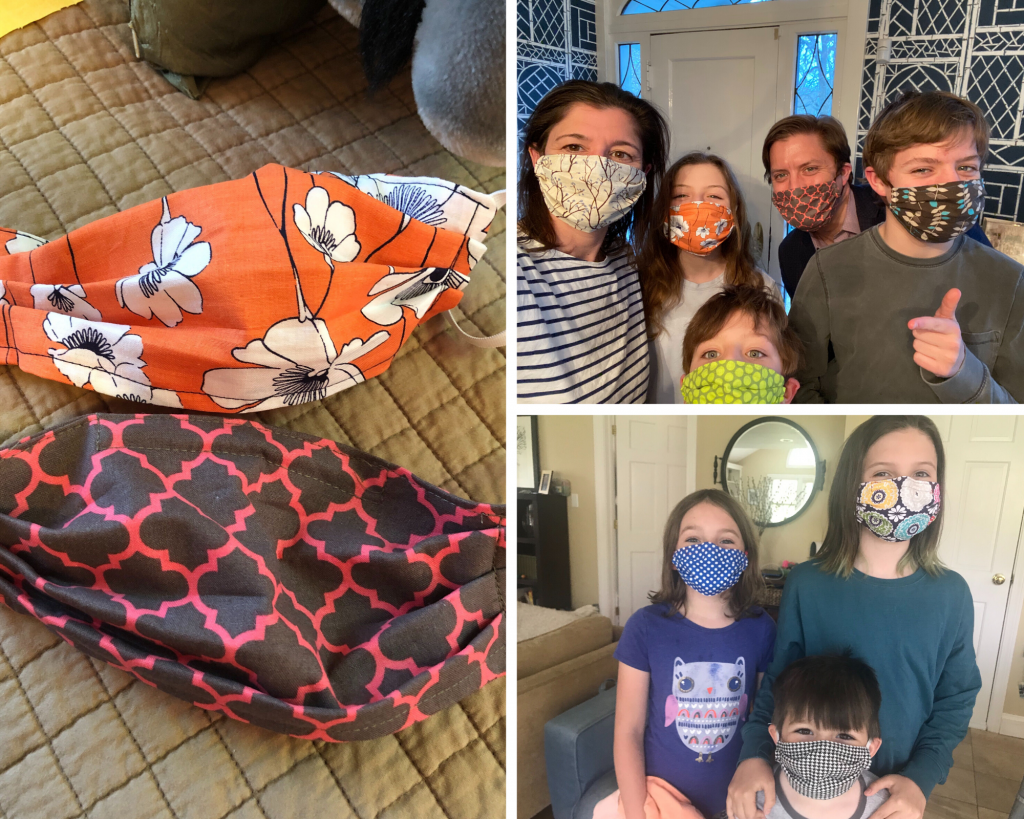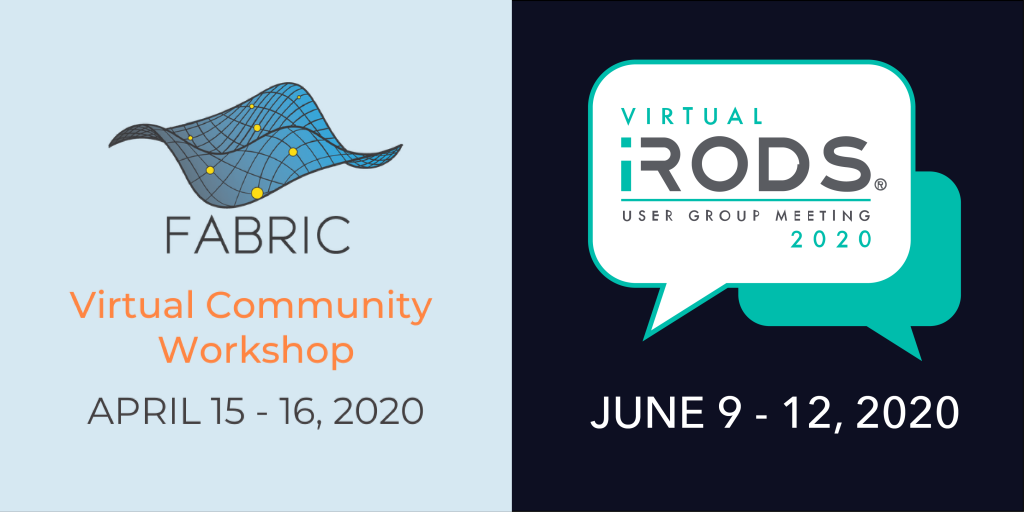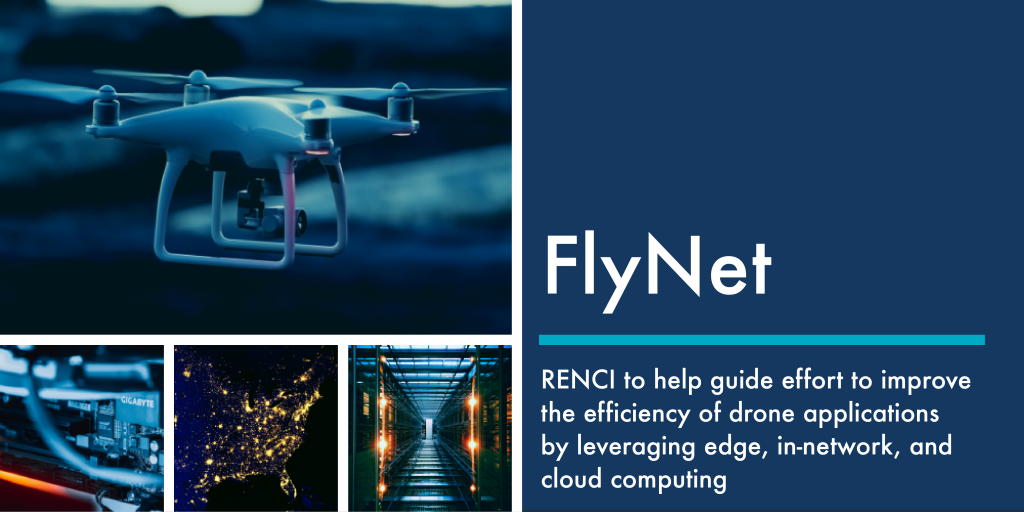
The Renaissance Computing Institute (RENCI) at the University of North Carolina at Chapel Hill will collaborate on a $749,998, two-year effort to develop new architectures and tools for the safe, efficient, and economic operation of drones. The funding was awarded by the National Science Foundation (NSF).
Led by the University of Massachusetts Amherst, scientists from RENCI, the Information Sciences Institute (ISI) at the University of Southern California (USC), and the University of Missouri, will collaborate on FlyNet, a project that will utilize edge, cloud, and in-network computing to generate crucial data that will help them address a variety of pressing issues presented by drones.
Read more…

